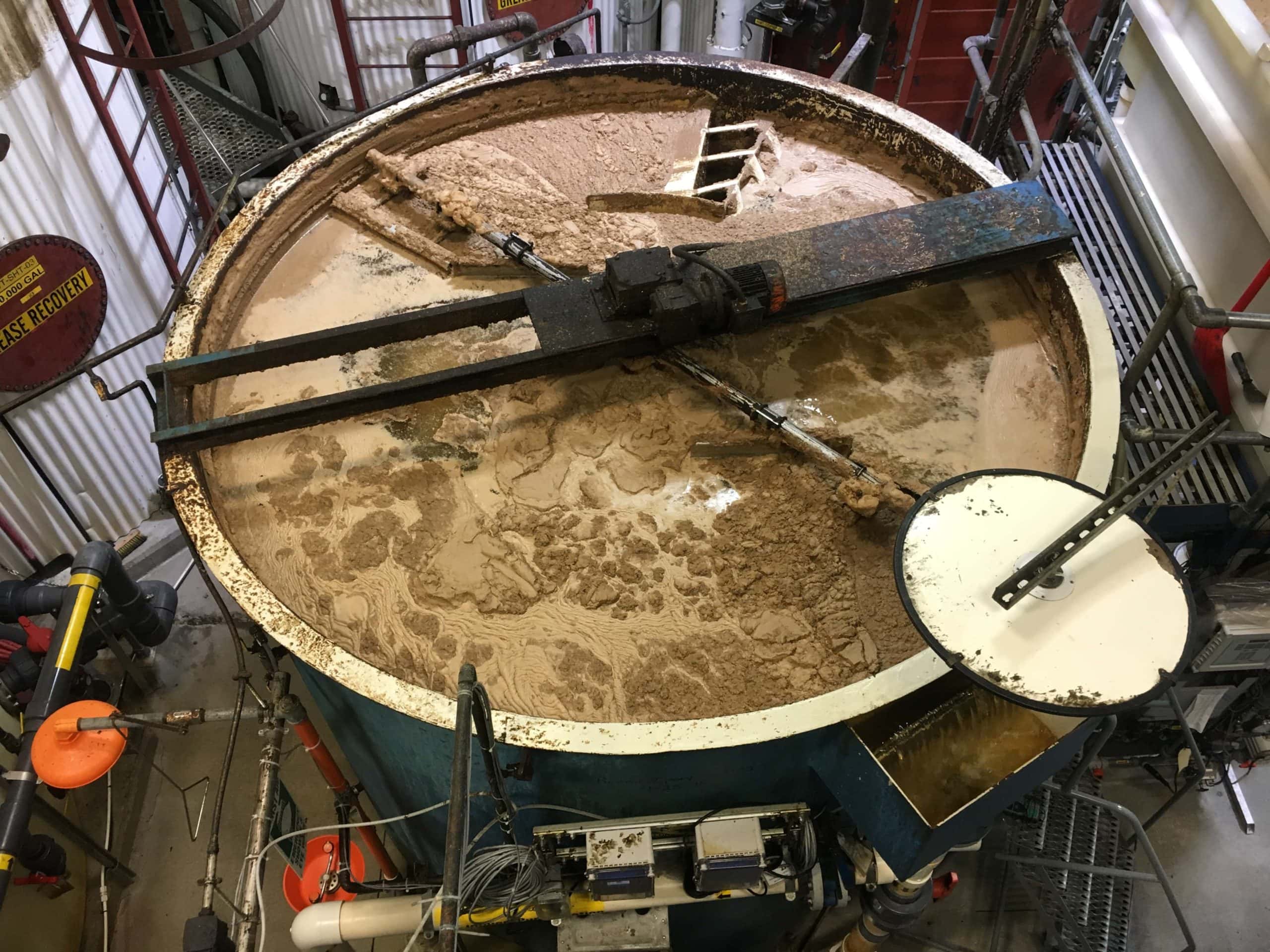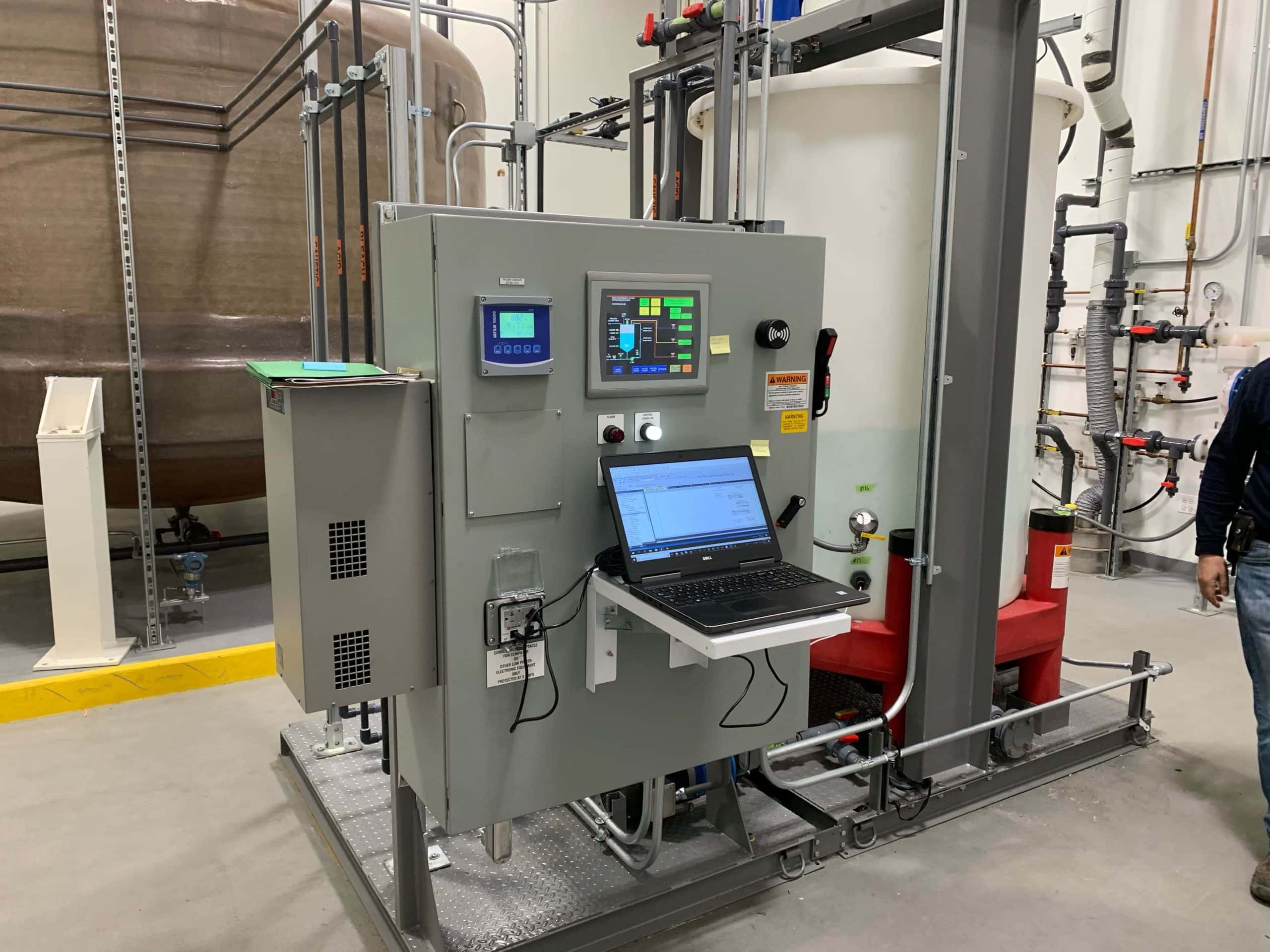This website uses cookies so that we can provide you with the best user experience possible. Cookie information is stored in your browser and performs functions such as recognising you when you return to our website and helping our team to understand which sections of the website you find most interesting and useful.
Many industrial processes produce wastewater discharge that can be difficult to manage due to pollutant volume, composition, and variability. It is critical to assess the physical and chemical characteristics of the effluent to determine a cost-effective and efficient process for industrial wastewater treatment.
The Importance of Industrial Wastewater Treatment
Clean water is an essential resource for both people and environments across the globe. Industries use fresh input water, and often produce wastewater that is toxic to humans, plants, and animals alike. To return industrial wastewater back to the source, effective industrial wastewater treatment is crucial. As the industry looks to reduce operational costs, effective and automated treatment systems have been a driving force of innovation in the sector for many years. Though technological advances have emerged, challenges still remain.
Though technological advances have emerged, challenges still remain.
Some industrial effluents are extremely difficult to treat and often are a result of challenging industrial processes which form complex wastewater streams. Often a single wastewater can contain high levels of oil and grease, heavy metals, toxic or corrosive chemicals, each component requiring specialist treatment. This includes surface and groundwater impacted by industrial use which now also has to be remediated (PFAs, 1-4 dioxane are examples).
Challenging effluents having high biological oxygen demand (BOD), chemical oxygen demand (COD, high levels of suspended solids (TSS) is why Anguil provides optimized, engineered solutions that work cooperatively as an integrated system. With the role and function of each component being considered to provide a complete, integrated system.
One of the many challenges that facilities with industrial wastewater treatment face are the size and scale of operations required to adequately treat water. However, Anguil’s integrated system means that the overall footprint of the operation can be minimized in some circumstances.
Additionally, Anguil takes ownership of the critical aspects of water treatment such as onsite wet-lab testing, logistics, advanced controls, automation, and![]() integration. Anguil offers a single source of responsibility by managing all aspects of industrial wastewater treatment, from system integration to post-installation services so your company will get a cohesive customer experience.
integration. Anguil offers a single source of responsibility by managing all aspects of industrial wastewater treatment, from system integration to post-installation services so your company will get a cohesive customer experience.
Anguil’s approach does not require the specific use of any particular product or technology, and as such, your treatment system can be fully customized to create the best industrial wastewater treatment solution for unique industrial processes, meaning it offers the utmost flexibility.
Industrial Wastewater Treatment from Anguil
Anguil seamlessly integrates industrial water treatment technologies into robust and effective treatment trains. Anguil specializes in the integration of market-proven wastewater treatment technologies to assist their customers with pollution problems but is also open to new and emerging technologies. Anguil’s treatment trains can handle challenging contaminants that are discharged from industrial facilities or extracted from remediation applications.
Anguil provides industrial wastewater treatment for ultra-pure, clean process water as well as process effluent meeting the most stringent of process requirements and discharge limits. Our industrial wastewater treatment solutions offer a low cost of ownership and minimize the company’s environmental footprint by reusing and recycling water if desired by the customer.
Anguil has 40 years of experience in industrial water treatment, creating engineering systems that meet or exceed specific technical requirements. If you would like to find out more, contact us today.


